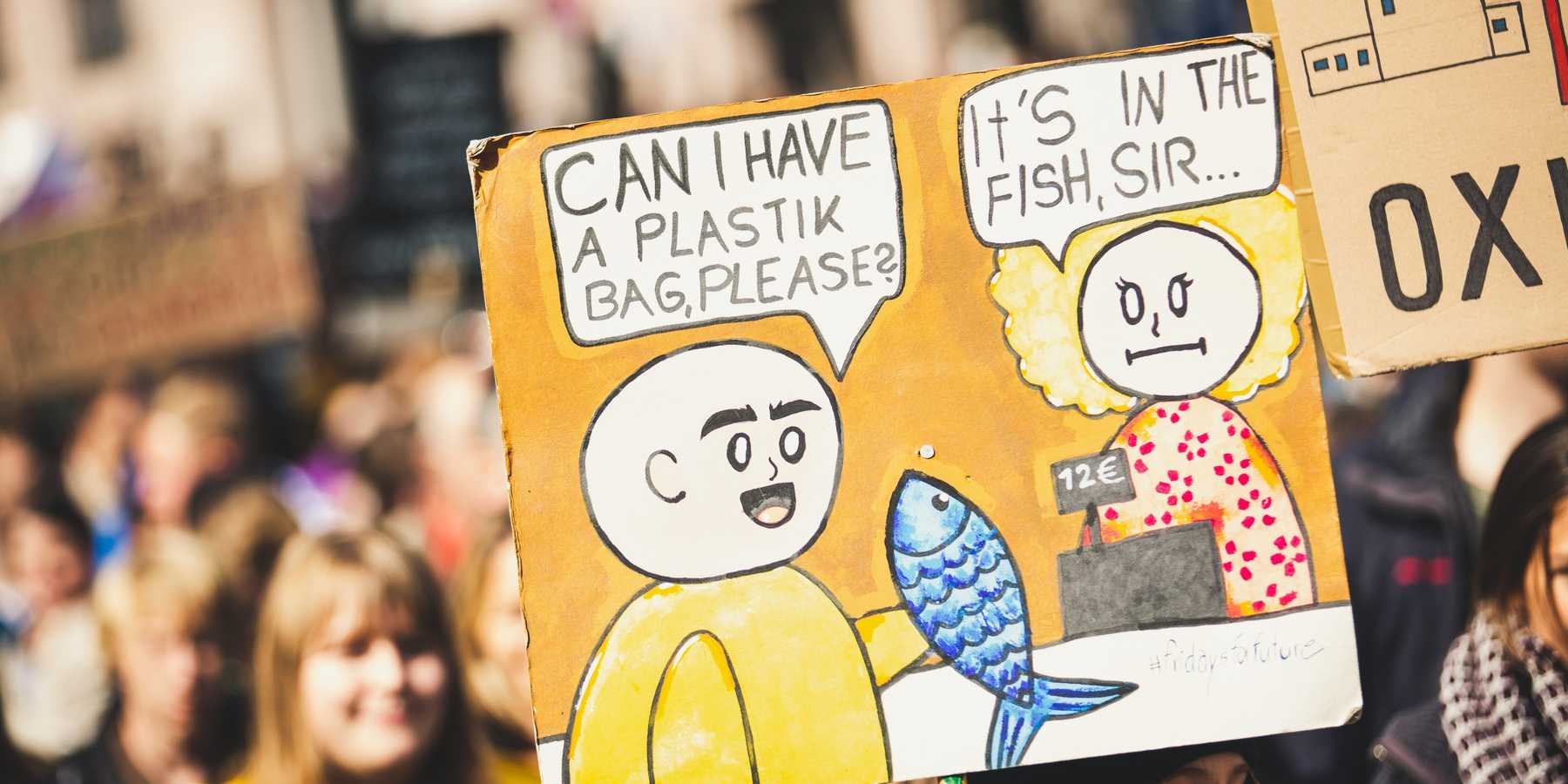
Plastic treaty talks face mounting industry influence as nations split on production cuts
More than 200 lobbyists from the oil, petrochemical, and plastics industries are attending UN negotiations in Geneva, raising fears they could weaken efforts to curb global plastic production.
Emma Bryce reports for The Guardian.
In short:
- Lobbyists from fossil fuel–linked industries now outnumber the combined delegations of all 27 EU member states, with some embedded in national negotiating teams.
- A coalition of over 100 countries backs binding limits on plastic production, while a smaller bloc led by major oil producers opposes caps, pushing for waste-focused measures instead.
- The U.S., the world’s second-largest plastic producer, has aligned with industry-friendly nations and reportedly stopped meeting with environmental groups before the talks.
Key quote:
“Fossil fuel companies are central to plastic production, as over 99% of plastics are derived from chemicals sourced from fossil fuels.”
— Ximena Banegas, global plastics and petrochemicals campaigner, Centre for International Environmental Law
Why this matters:
Plastic production is growing at a pace that threatens ecosystems, public health, and climate stability. Almost all plastics come from fossil fuels, meaning higher output locks in more carbon emissions alongside toxic pollution. Microplastics have been detected in human blood, placentas, and organs, and communities near production hubs often face elevated cancer risks and respiratory illness. The treaty under negotiation could shape how the world addresses this problem for decades, deciding whether the focus stays on cleaning up waste after the fact or tackles production at its source.
Learn more: U.S. pressures countries to drop global plastics cap at treaty talks













